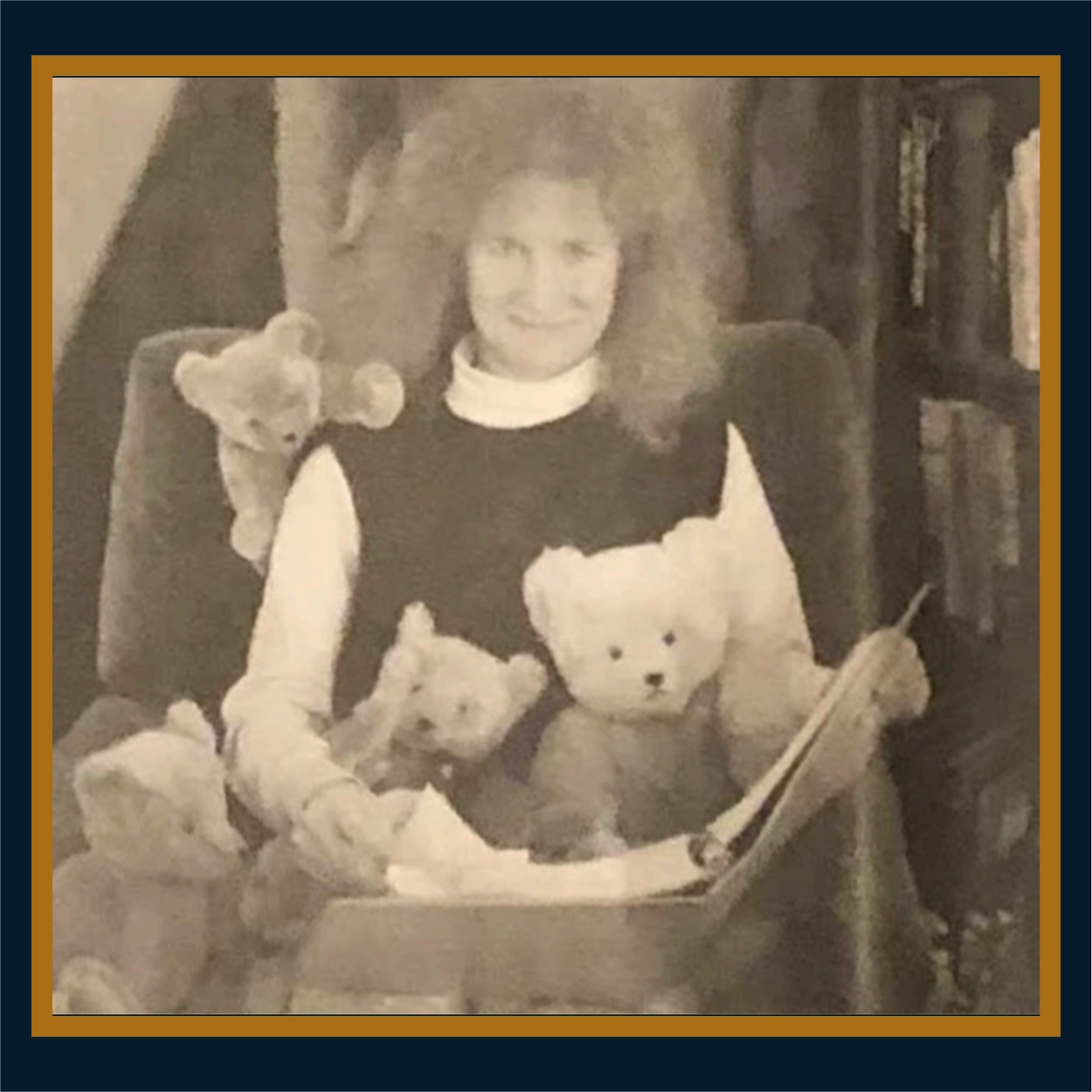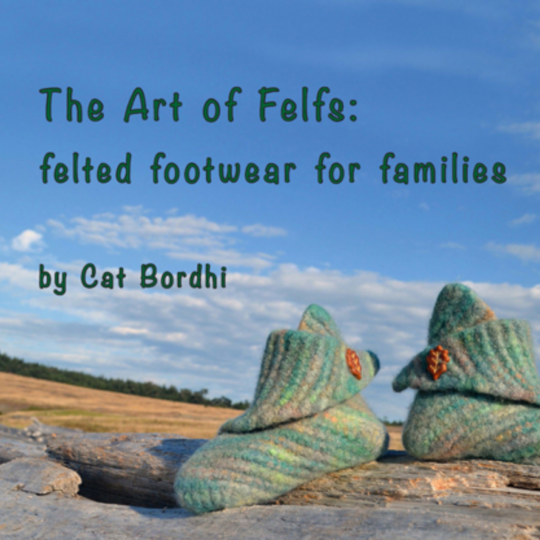Orcas woman looks upon her experience as a gift
An Article About Cat from April 1990
Cancer can’t hurt Bordi’s positive attitude
By Antoinette Botsford
NOTE: This article was first published in The Islands’ Sounder on April 25, 1990 and is being reprinted here with permission.
“When I first learned I had cancer,” said Catherine Bordi of Eastsound, “I was flooded with nameless emotions.” Of course, I cried at first. I didn’t want to lose my breasts. But for the most part I was buoyant.”
We were sitting in her sunlit studio where she custom-makes individualized toy bears for people throughout the world.
Each bear is unique, durable, a potential friend.
And that is how their maker is.
Bordi’s large blue eyes sparkled: “What I learned,” she said with utter conviction, “Is that cancer is a gift.”

Photo by Antoinette Botsford – April 1990
Cathy Bordi’s experience with cancer goes back 33 years to when she was six years old. “My mother died of cancer on my sixth birthday. I always thought that If I could get through my daughter’s sixth birthday I would be protected.”
Ten Days after Jennifer Bordi became six, Cathy Bordi’s routine mammogram turned up some suspicious-looking images.
With breast cancer in her family, Bordi wasted no time arranging for the biopsy.
But she did it with a difference.
“I found a wonderful doctor, Jay Baker, and we had interesting, detailed discussions about breast cancer. He agreed to let me watch the biopsy through a mirror while he performed it. It was fascinating!”
Throughout the entire experience, in fact, much of her attitude has been one of vital interest and good humor.
Husband Mike Schifsky has been a great support throughout. Sometimes this meant reading to Jennifer while Bordi was “too distracted to give the quality of mothering Jennifer is used to.” Sometimes it meant finding the ready joke. “We could write a whole set of masectomy jokes,” she laughed. “We’ll call them ‘titbits’,” rejoined her husband.
The uplifting attitude even applies to her new flat-chestedness. “The scars look like wings,” she said. Or perhaps some interesting aborginal tatooing – certainly not the disfigurement one might expect.
Bordi is eager to share her cancer experience with people in the San Juan Islands. “For one thing, I want others to know how important and how easy mammography is.” Although 85 percent of the time there is nothing to worry about, 15 percent of mammograms may reveal something that would not be found in other types of breast examination. In Bordi’s case, she would not have been able to feel a lump for another year.
Experts hasten to add, however, that mammography does not eliminate the need for regular breast self-examination; in some instances small tumors will not be detected by mammography.
Bordi believes that while she had a genetic predisposition to develop cancer, on another level she may have psychologically cooperated with or “created” her cancer. To correct this, she has worked on understanding and healing the disturbing events of her early childhood through a member of avenues, including Jungian self-study and extensive journal work.
Before she went in for her biopsy she believed that to whatever degree she had “created” the cancer, she could “uncreate” it. “I had decided not to lose the breast; I would be the victor.”
Nevertheless, when the biopsy demonstrated the presence of numerous small tumors, Bordi decided not to waste any time. Six days after learning the results of her positive biopsy her left breast was removed.
Although the other breast was free of cancer indications, her family history was such that she chose to have it removed, too.
During the months when she was both mentally and physically facing and working with cancer, her life changed profoundly. The possibility – even slight – of death either through the spreading of cancer or during surgery gave her an opportunity to view her life in a unique and joyful way.
“I found myself appreciating everything, everyone. All people seemed equally beautiful and precious to me. Unfortunately it hasn’t lasted, but for a time it freed me from petty thoughts. For three weeks I stayed out of my own way.”
Her study of psychologist Carl Jung’s theories encouraged her to see cancer as an opportunity to become acquainted with her “shadow,” In the Jungian view, the shadow is an unconscious part of the Individual psyche that is often feared and repressed. The process of bringing the shadow forward and embracing it as a part of oneself can be transformational, as it was in the case of Cathy Bordi.
Since her second masectomy (on Valentine’s Day of this year) Bordi’s sense of personal joy continues to grow. It is a joy she manifests in her business, as well.
Of the 15 – 20 bears she makes each month, at least one is given to a person in need. These she calls “Jakobs” bears, and many in the past had gone to children and just before she learned she had cancer, the bear orders became sparse. Now that she’s well, she once again has almost more business than she can comfortably manage.
“The bears have always somehow reflected what’s going on with me.” She reflected. “It’s my ‘Bear-O-meter’ Let me show you something.”
She handed me a small triangular pillow made of teddy-bear fur. It mooed when I took it in my hand. “It’s a breast prothesis,” she giggled. She made another one which contains a music box that played “The Way We Were.”
Still young and lovely, she’s considering replacement surgery, but questions whether she really wants or needs it. There’s a certain convenience, even elegance, to being flat-chested. “I put on a Laura Ashley dress after the surgery and was amazed at how good it looked. And running is so much more comfortable without breasts.”
“Maybe you’ll get lucky and get cancer.” She doesn’t mean that quite the way it sounds. “What I’m trying to say is that people who get cancer have a wonderful opportunity. In my case, the only thing I stood to lose was a part of the body.”

Cat always supported the research of Dr. David Krag and 100% of the sales from her Felfs book goes to the SD Ireland Cancer Research Fund. To date, over $86,000 has been directly donated from the sales of this book and her giving legacy lives on!
©2025. Let the River Carry You, LLC.



